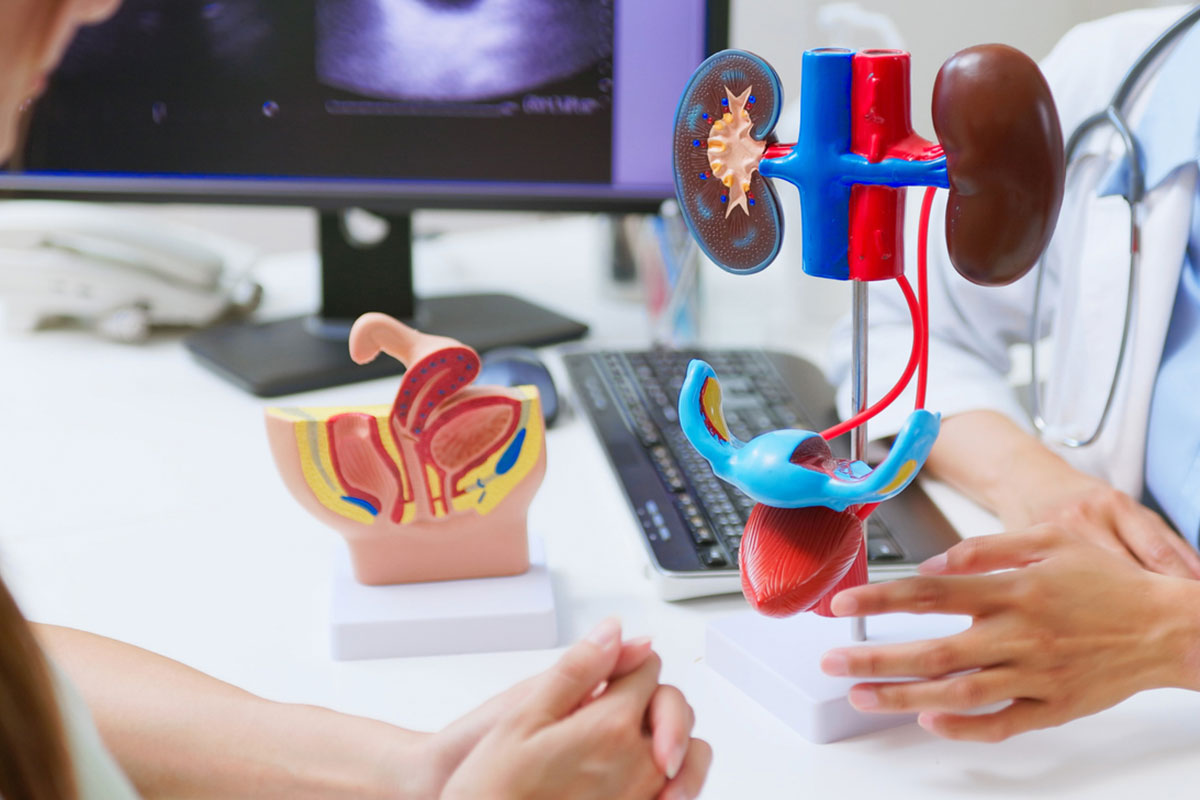Ketamine is an N-methyl-d-aspartate receptor antagonist with potentially rapid and powerful antidepressant effects. Additionally, ketamine’s ability to produce an expanded state of consciousness has led to increased interest in pairing ketamine with various forms of psychotherapy.1–4 Although research has suggested that ketamine increases hypnotizability, no studies, to my knowledge, have explored the pairing of ketamine with hypnotherapy to treat depression.5 The following is the case of a 71-year-old woman with chronic treatment resistant depression for whom the consciousness-expanding experience of ketamine, combined with the introduction of an indirect, hypnotic like suggestion at a key moment, prompted important insights and behavior changes that contributed to her recovery.
Case Report
A 71-year-old woman with a 20-year history of unremitting major depressive disorder was referred by her primary care doctor for ketamine infusions. She was initiated at a dose of 0.5 mg/kg of ketamine twice a week for 4 weeks. Initially, she noticed no clear benefit. During the fourth infusion, while under the influence of ketamine, the patient overheard a staff conversation about arrangements for upcoming travel. This triggered previously forgotten memories of travel earlier in life. She had once loved to travel but had not done so for decades. She experienced a powerful and urgent desire to travel. After completing the infusion, the patient processed these insights with her psychiatrist and expressed a commitment to act.
The following week, she announced that she had booked a vacation to Europe. This marked a turning point in her treatment course. Whereas she had previously remained mostly at home, she began to embark on multiple trips. She continued monthly maintenance infusions, during which she often had other insights that bolstered her ongoing behavior changes. Her Patient Health Questionnaire-9 (PHQ-9)6 score decreased from 21 at the beginning of treatment to a PHQ-2 score of zero 1 year later. She reported total resolution of her depression. Her daughter commented on significant improvements in her mood and level of life engagement.
Discussion
A serendipitous conversation during a ketamine infusion served as a powerful, albeit indirect, mental suggestion for the patient, focusing her thoughts and emotions on an idea that led to concrete behavior changes. While not intentionally designed to be a hypnotic suggestion, the patient’s increased state of suggestibility under ketamine helped catalyze behavioral activation that directly contributed to treatment response. This dramatic experience prompts an intriguing question: Can ketamine be paired with hypnotherapy to elicit insights and induce behavior change in patients with chronic depression?
Although multiple studies have explored various forms of psychotherapy to augment the antidepressant effects of ketamine, current evidence supporting ketamine assisted psychotherapy is quite limited.7 Furthermore, the research has not established the most effective psychotherapeutic approach.1 One small randomized controlled trial utilized manualized cognitive behavioral therapy (CBT) in a subset of ketamine responders to extend the effects of ketamine with promising results.8 A larger observational study examined the pairing of ketamine with a more nondirective insight-oriented approach.3
Hypnotherapy is an infrequently used psychotherapeutic modality with limited but promising evidence for treating depression.9 More modern models of hypnotherapy incorporate principles of CBT.10 One recent RCT suggested that hypnotherapy was noninferior to CBT.11 However, no research to date has been published on the clinical use of hypnotherapy paired with ketamine for treatment of depression or other psychiatric disorders. Hypnotherapy may be an excellent therapy modality to pair with ketamine because it can directly harness the increased suggestibility occasioned by ketamine to facilitate behavior change. Ketamine/ hypnotherapy may be inappropriate for certain patient populations (eg, those with severe trauma or increased vulnerability to psychosis) and thus should be carefully applied. This is an area worthy of further study.
Article Information
Published Online: February 6, 2025. https://doi.org/10.4088/PCC.24cr03826
© 2025 Physicians Postgraduate Press, Inc.
Prim Care Companion CNS Disord 2025;27(1):24cr03826
Submitted: August 6, 2024; accepted October 21, 2024.
To Cite: Hardy M. The potential role of hypnotic suggestion in ketamine-assisted psychotherapy for depression. Prim Care Companion CNS Disord. 2025;27(1):24cr03826.
Author Affiliations: 48th Medical Group, RAF Lakenheath, United States Air Force, Lakenheath, UK; Department of Psychiatry, Uniformed Services University, Bethesda, Maryland.
Corresponding Author: Morgan Hardy, MD, MPH, Maj, USAF, PSC 41 Box 728, APO, AE 09464 ([email protected]).
Relevant Financial Relationships: None.
Funding/Support: None.
Disclaimer: The views presented in this report are those of the author and do not reflect the official policy or position of the United States Department of Defense or its components.
Patient Consent: The patient presented in this case report provided consent for publication. Patient-related information was de-identified to protect anonymity.
ORCID: Morgan Hardy: https://orcid.org/0000-0003-4248-4106
References (11)

- Mathai DS, Mora V, Garcia-Romeu A. Toward synergies of ketamine and psychotherapy. Front Psychol. 2022;13:868103. PubMed CrossRef
- Rothberg RL, Azhari N, Haug NA, et al. Mystical-type experiences occasioned by ketamine mediate its impact on at-risk drinking: results from a randomized, controlled trial. J Psychopharmacol. 2021;35(2):150–158. PubMed CrossRef
- Dore J, Turnipseed B, Dwyer S, et al. Ketamine assisted psychotherapy (KAP): patient demographics, clinical data and outcomes in three large practices administering ketamine with psychotherapy. J Psychoactive Drugs. 2019;51(2):189–198. PubMed CrossRef
- Li L, Vlisides PE. Ketamine: 50 years of modulating the mind. Front Hum Neurosci. 2016;10:612. PubMed CrossRef
- Patterson DR, Hoffer C, Jensen MP, et al. Ketamine as a possible moderator of hypnotizability: a feasibility study. Int J Clin Exp Hypn. 2018;66(3):298–307. PubMed CrossRef
- Kroenke K, Spitzer RL, Williams JB. The PHQ-9: validity of a brief depression severity measure. J Gen Intern Med. 2001;16(9):606–613. PubMed CrossRef
- Joneborg I, Lee Y, Di Vincenzo JD, et al. Active mechanisms of ketamine-assisted psychotherapy: a systematic review. J Affect Disord. 2022;315:105–112. PubMed CrossRef
- Wilkinson ST, Rhee TG, Joormann J, et al. Cognitive behavioral therapy to sustain the antidepressant effects of ketamine in treatment-resistant depression: a randomized clinical trial. Psychother Psychosom. 2021;90(5):318–327. PubMed CrossRef
- Milling LS, Valentine KE, McCarley HS, et al. A meta analysis of hypnotic interventions for depression symptoms: high hopes for hypnosis? Am J Clin Hypn. 2019;61(3):227–243. PubMed CrossRef
- Alladin A, Alibhai A. Cognitive hypnotherapy for depression: an empirical investigation. Int J Clin Exp Hypn. 2007;55(2):147–166. PubMed CrossRef
- Fuhr K, Meisner C, Broch A, et al. Efficacy of hypnotherapy compared to cognitive behavioral therapy for mild to moderate depression - results of a randomized controlled rater-blind clinical trial. J Affect Disord. 2021;286:166–173. PubMed CrossRef
Enjoy this premium PDF as part of your membership benefits!





